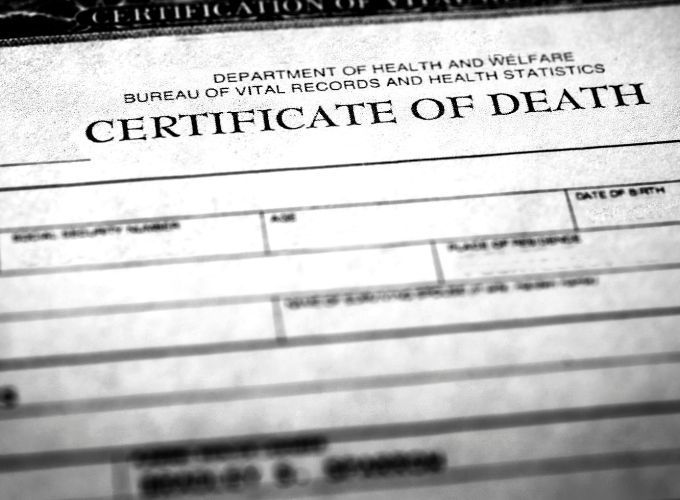Articles Of Interest
The Importance of Self-Care During Grief
Self-care during grief may not always come naturally. But taking small, intentional steps to tend to your physical and emotional well-being can make the journey more bearable—and even allow healing to begin.

Grieving the loss of a loved one is one of life’s most difficult journeys. It can affect every part of our being—physically, emotionally, and spiritually.
At Buch Family of Funeral Homes, we have supported generations of families in Central Pennsylvania, and one thing we’ve learned is this: to honor your loved one well, you must also care for yourself.
Tending to Your Physical Health
Grief doesn’t just weigh on the heart—it affects the entire body.
Disrupted sleep, loss of appetite, and fatigue are all common. That’s why we gently encourage families to take care of their basic needs, even during difficult days:
- Eat simple, nourishing meals, even if your appetite is low.
- Stay hydrated—grief can be dehydrating.
- Get rest, even if that means taking short naps throughout the day.
- Move your body, whether that’s a short walk, a few stretches, or time outdoors.
Showing your body kindness can provide a steadier foundation for coping with loss.
Making Space for Emotions
There is no right or wrong way to grieve. Some days may bring tears and others may bring numbness or even moments of laughter. All of it is natural. What’s important is allowing your emotions to be felt, not buried.
On our Grieving Process page, we explore the emotional journey many people experience after loss—including common feelings, the stages of grief, and the ways those emotions may change over time. Understanding that grief moves at its own pace—and that you’re not alone in what you feel—can bring tremendous relief.
Let yourself express what’s within, whether through journaling, talking to a friend, spending time in quiet reflection, or simply acknowledging the ache.
Staying Connected with Others
Grief can feel isolating, but you are not alone. Staying connected to others, especially those who listen without judgment, can be a vital part of healing.
At Buch Family of Funeral Homes, we connect families with local and national grief resources designed to walk alongside you. Whether you explore our Grief Resources or talk directly with our staff, we’re here to guide you toward the support that’s right for you.
Sometimes, just knowing someone is willing to listen can lighten the weight of sorrow.
Gentle Steps Toward Healing
If you’re unsure where to begin, consider starting small. Grief doesn’t ask for perfection—only presence.
Here are a few gentle self-care practices:
- Begin the day with a quiet breath or moment of prayer.
- Take a short walk, even if it’s just around the block.
- Accept help when it’s offered.
- Let yourself laugh when the moment comes. Joy can exist alongside grief.
- Keep a notebook nearby to jot down thoughts, memories, or feelings.
Over time, small acts of care become building blocks for resilience and hope.
We Are Here for You
At Buch Family of Funeral Homes, our commitment to care goes far beyond the service. We are here to support you as grief continues to unfold, whether through education, community referrals, or simply being available to talk.
If you or someone you love is grieving, we encourage you to visit our Grieving Process page to learn more about what to expect and how to cope. Or reach out to our team for personal support. We are always here to walk beside you with compassion and understanding.
Grief is not something to “get over.” It is something to carry, honor, and live through. And with care, you don’t have to carry it alone.











